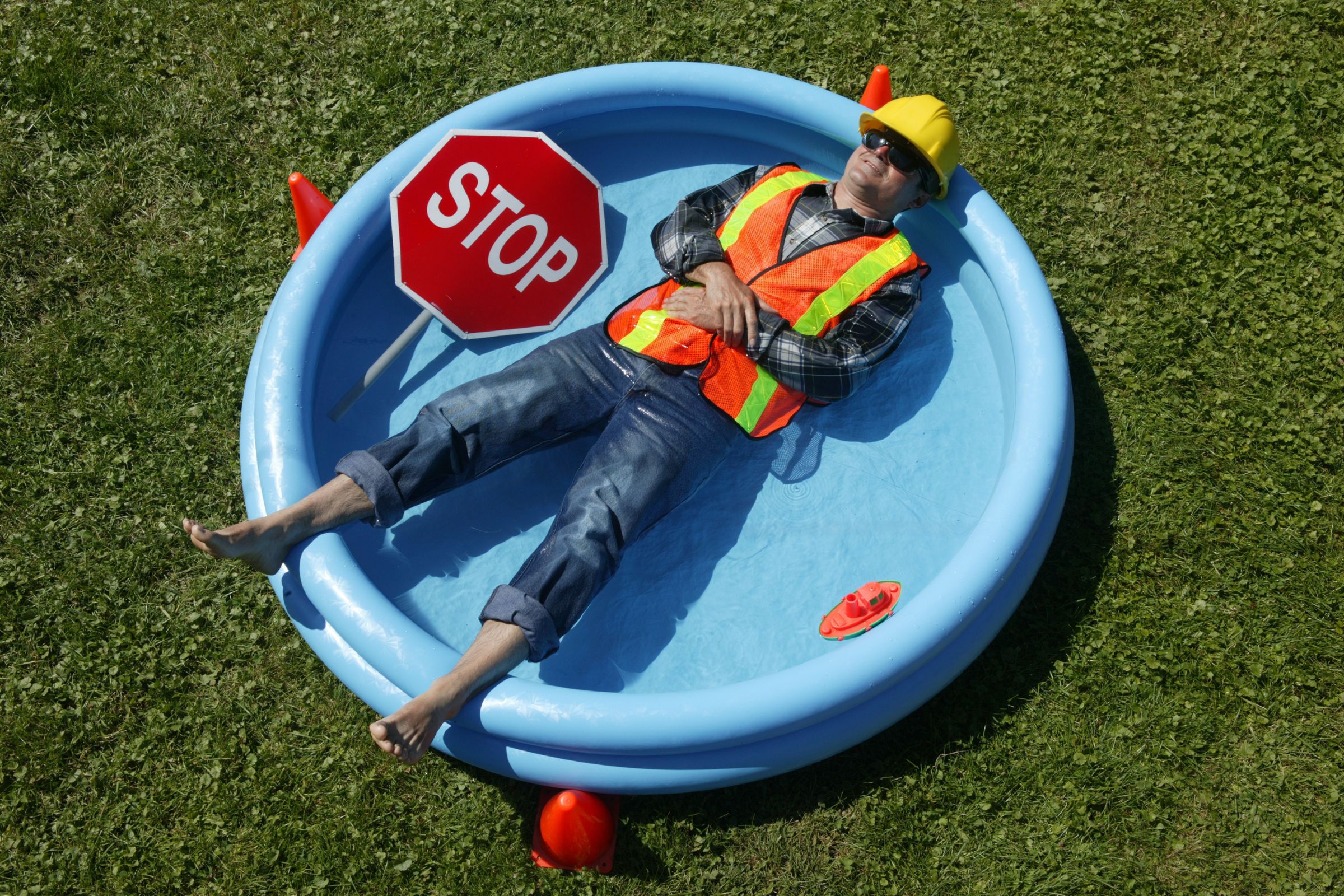Table of Contents
Related Articles
Employee Safety in Winter: A Guide for Workplace Preparedness

At the Independent Schools Compensation Corporation (ISCC), we place the utmost importance on employees’ welfare. However, safeguarding workers becomes more complex when their roles involve extensive exposure to varying weather conditions and outdoor work.
Cold Stress Concerns
Working in cold environments poses significant hazards, particularly when coupled with rain and wind. To ensure the safety of workers, make sure to adhere to OSHA guidelines, implementing preventive measures against cold stress. This condition can result in severe health issues like tissue damage, hypothermia, frostbite, and trench foot, some of which can have long term or fatal consequences.
Cold stress is influenced by factors such as low temperatures, high-velocity air, dampness, and contact with cold water or surfaces. Even temperatures as “mild” as 50°F can pose a substantial risk of cold stress when combined with rain and wind.
Preventing Cold Stress: Guidelines and Tips
Working in extreme weather conditions, especially cold ones, demands specific precautions. Here are essential tips to ensure employees’ safety:
- Warming Up: Regular breaks are scheduled to allow workers’ bodies to warm up adequately.
- Stay Hydrated: We encourage employees to consume plenty of liquids and avoid dehydrating substances like caffeine and alcohol.
- Smoking Awareness: Smoking hampers blood flow to the skin, increasing vulnerability to cold-related issues.
- Medication Caution: Employees taking medications are advised to be aware of potential side effects in cold weather.
- Empowering Knowledge: Making sure workers are educated about the signs and symptoms of cold-related illnesses and injuries to take immediate preventive action.
- Flexibility & Stretching: Before engaging in physically demanding tasks, employees are encouraged to stretch properly to avoid injuries.
- Protective Gear: We emphasize the use of gear that shields against harsh elements, ensuring employees’ safety.
Proper Training for Winter Safety
As winter progresses, employees should receive comprehensive training to navigate the unique challenges and heightened risks associated with the season. That way they are well-versed in safety protocols, understanding the dangers of exposed skin, inadequate protective wear, and handling cold, wet, and slippery equipment. Additionally, they’ll be equipped to identify and address cold-weather illnesses and injuries, ensuring safety for themselves and colleagues.
Navigating Winter Roads
Navigating company vehicles during severe weather is highly risky for employees. Ensure the safety of your team by arranging thorough inspections of all company vehicles conducted by certified mechanics to prepare them for winter conditions. Additionally, equip these vehicles with essential emergency supplies like snow scrapers, blankets, first-aid kits, and flashlights.
Compensation and Policies
Inclement weather may lead to temporary closures or hinder employees’ ability to commute. There are clear policies regarding compensation:
- For non-exempt employees (typically hourly), payment is solely for hours worked during business hours.
- Exempt employees (generally salaried) receive compensation if they work any portion of the day. However, if the business closes for a week or more, exemptions may apply.
Communication and Insurance Protection
Collaborate with an experienced insurance advisor to assess your unique risks and tailor coverage that shields your business from winter-related employee risks. Establishing fitting policies allows you to adeptly handle the financial and legal implications of these risks.
Safeguard your company from winter-related hazards through these coverage options:
- Workers’ Compensation Insurance: Provides coverage for medical expenses, rehabilitation, and lost wages resulting from cold stress, slips, falls, frostbite, and other work-related injuries during winter.
- General Liability Insurance: Covers third-party bodily injury or property damage claims arising from winter-related incidents on your premises.
- Commercial Auto Insurance: Essential for businesses using vehicles during winter, offering coverage for accidents, property damage, and injuries caused by hazardous driving conditions. Ensure comprehensive coverage for both liability and physical damage.
- Employment Practices Liability Insurance (EPLI): Protects against employment-related claims like wrongful termination, discrimination, or harassment arising from decisions made during winter.
- Business Interruption Insurance: Compensates for income loss due to winter-related closures or reduced operations. It can cover temporary relocation costs and additional expenses to sustain business operations during such events.
At the ISCC, we prioritize the well-being of employees during cold conditions. Taking appropriate measures to address winter-related risks not only safeguards workers but also enhances workplace productivity and morale. Reach out to a member of our team for further guidance on ensuring the safety and health of your workforce throughout the cold winter months.





